As college students, it’s normal to have a full plate of responsibilities surrounding academic stress, career stress, social stress and financial stress. Navigating our twenties and learning to function as young adults make the uncertainties of the world even scarier. With so much going on, reading becomes an afterthought for students, but for some, finding comfort in stories and characters living through similar struggles can help. I have found that comfort in the moving memoirs, “Maybe You Should Talk to Someone” by Lori Gottlieb and “Tuesdays with Morrie” by Mitch Albom.
“Maybe You Should Talk To Someone” follows a therapist as she advises multiple clients on their struggles while simultaneously being forced to deal with her own. In the book, we meet John (an egoistic Hollywood producer with marital problems), Julie (a newlywed woman diagnosed with terminal cancer), Rita (wants her life to end at 70), Charlotte (a young woman who deals with toxic relationships) and Lori (a therapist who finds herself going to therapy).
The struggles these characters face may seem extremely different from the struggles of college students, but spending time in the minds of these characters proves that we are more similar than we think. Loneliness, anxiety, depression, fear and uncertainty are common themes for all of these characters, just as they may be for us. Reading about their lives and hearing their raw thoughts on life made me realize that it’s okay to let things be and to let things pass. Gottlieb writes, “I spend so much time trying to figure things out, chasing the answer, but it’s okay to not know.”
“Tuesdays with Morrie” follows former sociology professor Morrie, who is dying from ALS, and his former student, Mitch, who visits him every Tuesday to chat about life’s hottest topics. Morrie’s dedication during his last months on Earth was particularly touching. He tried to leave everyone he met with kindness, despite being aware of his decaying state and limited time. Morrie talked about many deeply resonating topics such as: regrets, death, family, emotions, marriage, forgiveness and money. From him, I learned that “Life is a series of pulls back and forth. You want to do one thing, but you are bound to do something else. Something hurts you, yet you know it shouldn’t. You take certain things for granted, even when you know you should never take anything for granted.”
As college students, we aim to plan our lives the best we can with the knowledge we have. Some of us have a clear-cut path for what we want our career to look like, while others are still searching for their passion. Let this be a reminder that we are all on our own path, and there is no timeline for the way life is supposed to go. When dealing with our own struggles, it’s easy to forget that there are students among us who feel just as lost, who find it difficult to complete their work, who find it difficult to make friends, who are dealing with family issues or health issues—students who need support.
When we find ourselves needing an emotional boost, it’s vital to reach out to our support systems. A family member, friend, professor or counselor can help ease the worries we carry and bring us back on track. For those who have no current support system, UMSL offers confidential counseling services to help address personal concerns and mental health struggles.
Abigail Gazvoda, staff therapist at UMSL, said, “Reaching out for help is important for students’ well-being, but many hesitate due to stigma or self-doubt. Overcoming these barriers starts with normalizing asking for help and recognizing it as a strength. Whether it’s a friend, professor, or counselor, taking that first step can make a big difference and remind students they’re not alone.”
If Lori and her clients hadn’t reached out for help, they wouldn’t have learned so much about themselves and how to cope with their individual struggles. If Mitch hadn’t reached out to Morrie, he wouldn’t have found one of the most special connections that allowed him to lead his life in a more optimistic and confident way.
Like Lori Gottlieb says, take the first step towards yourself even if you’re afraid of judgment. “There is a way out–as long as we’re willing to see it,” says Gottlieb. Like Mitch, be willing to embrace the uncertainty and learn from it. “By throwing yourself into these emotions, by allowing yourself to dive in, all the way, over your head even, you experience them fully and completely,” says Albom.


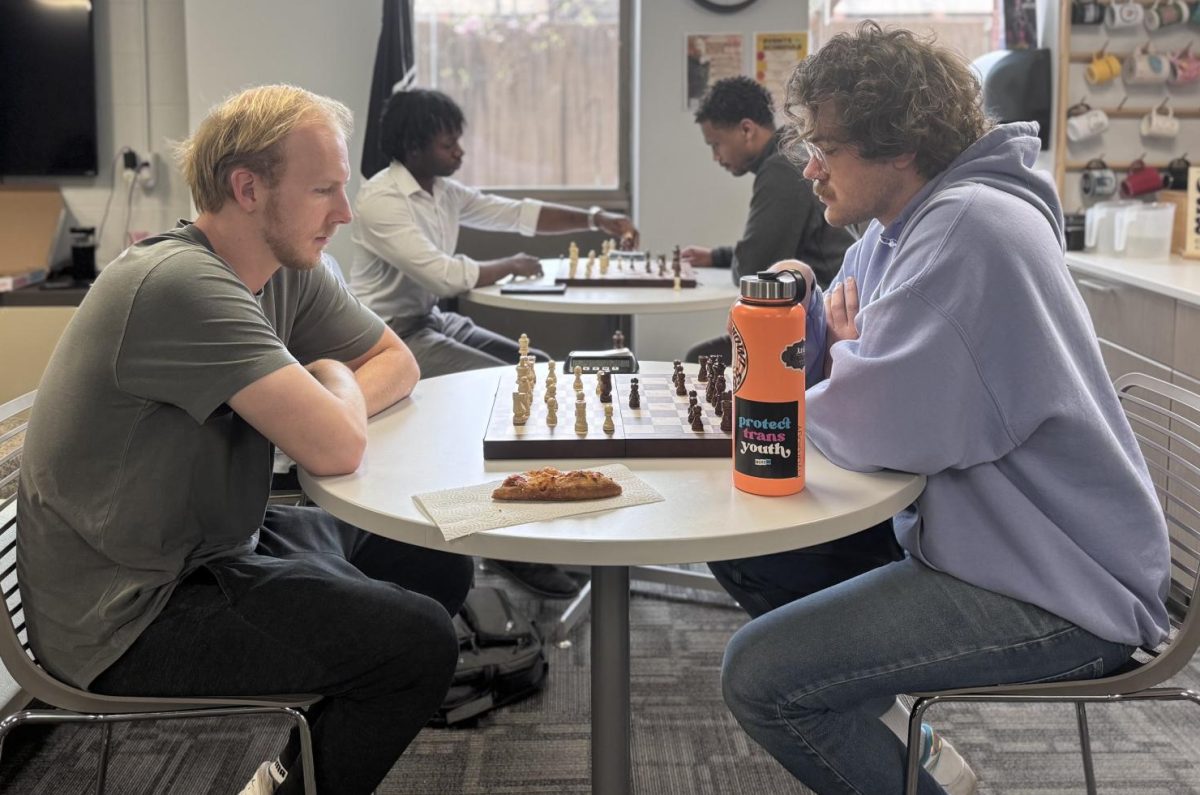



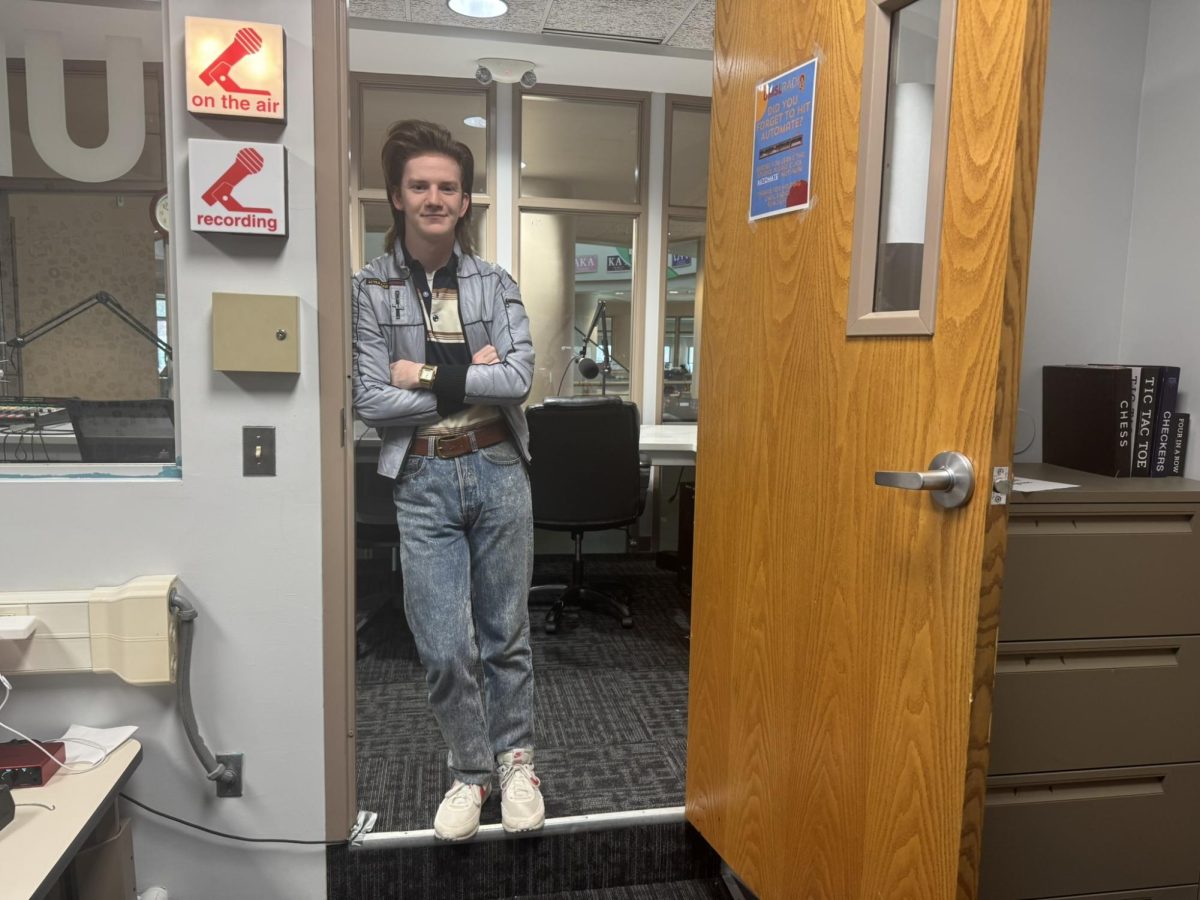


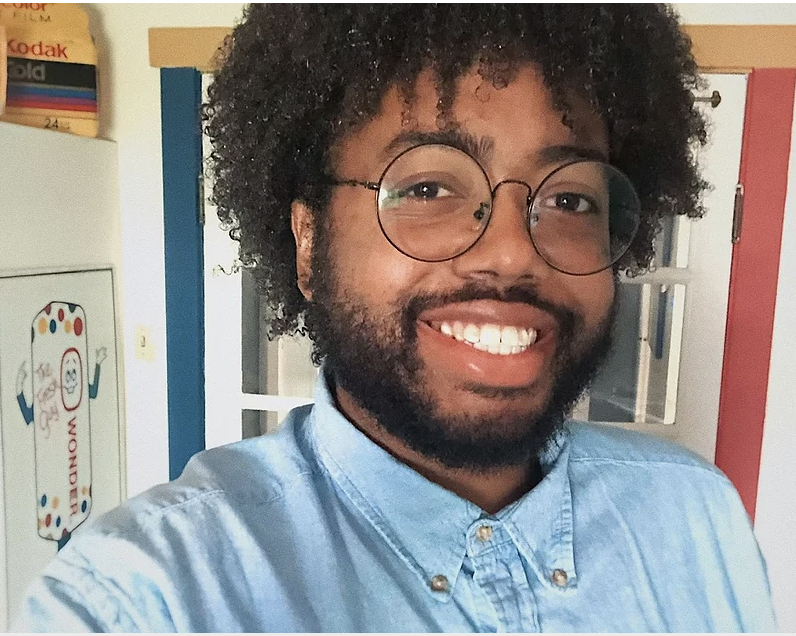

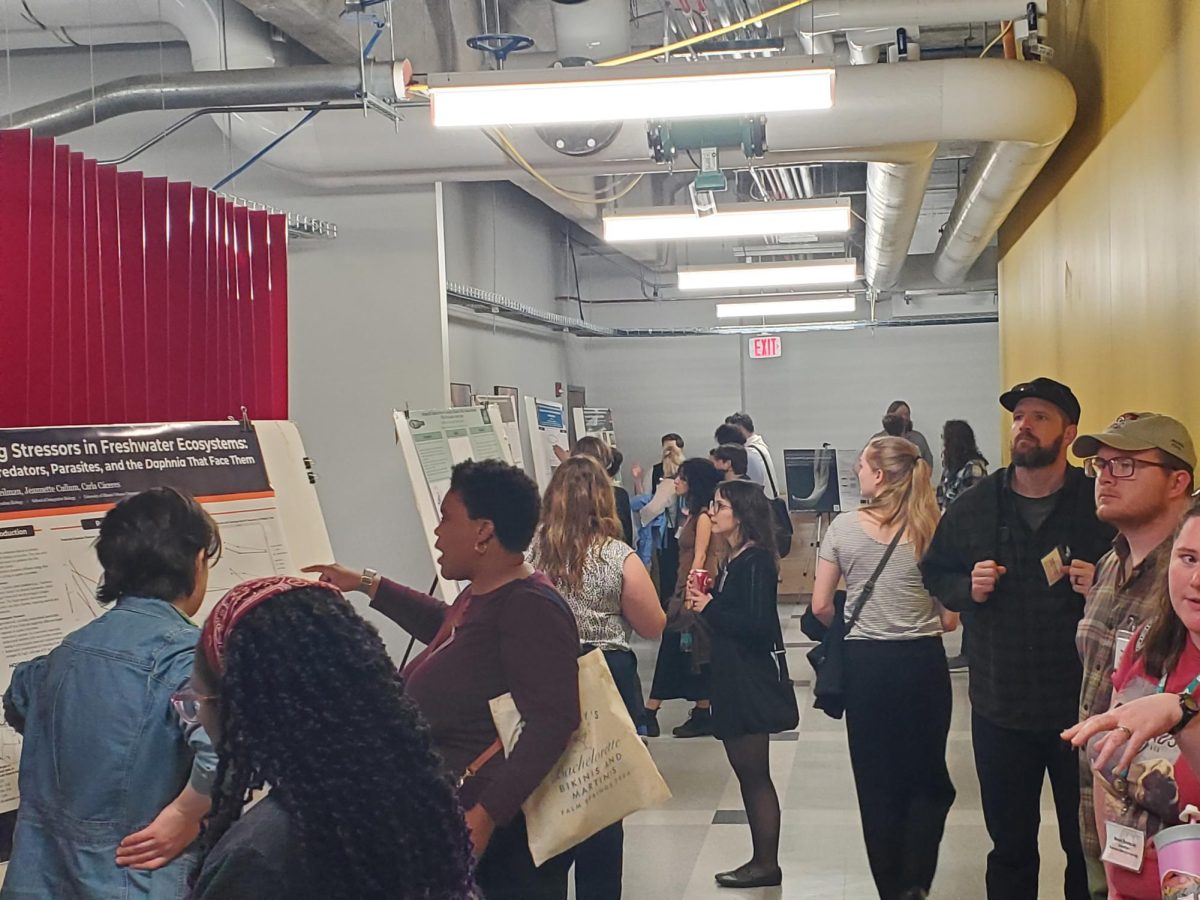

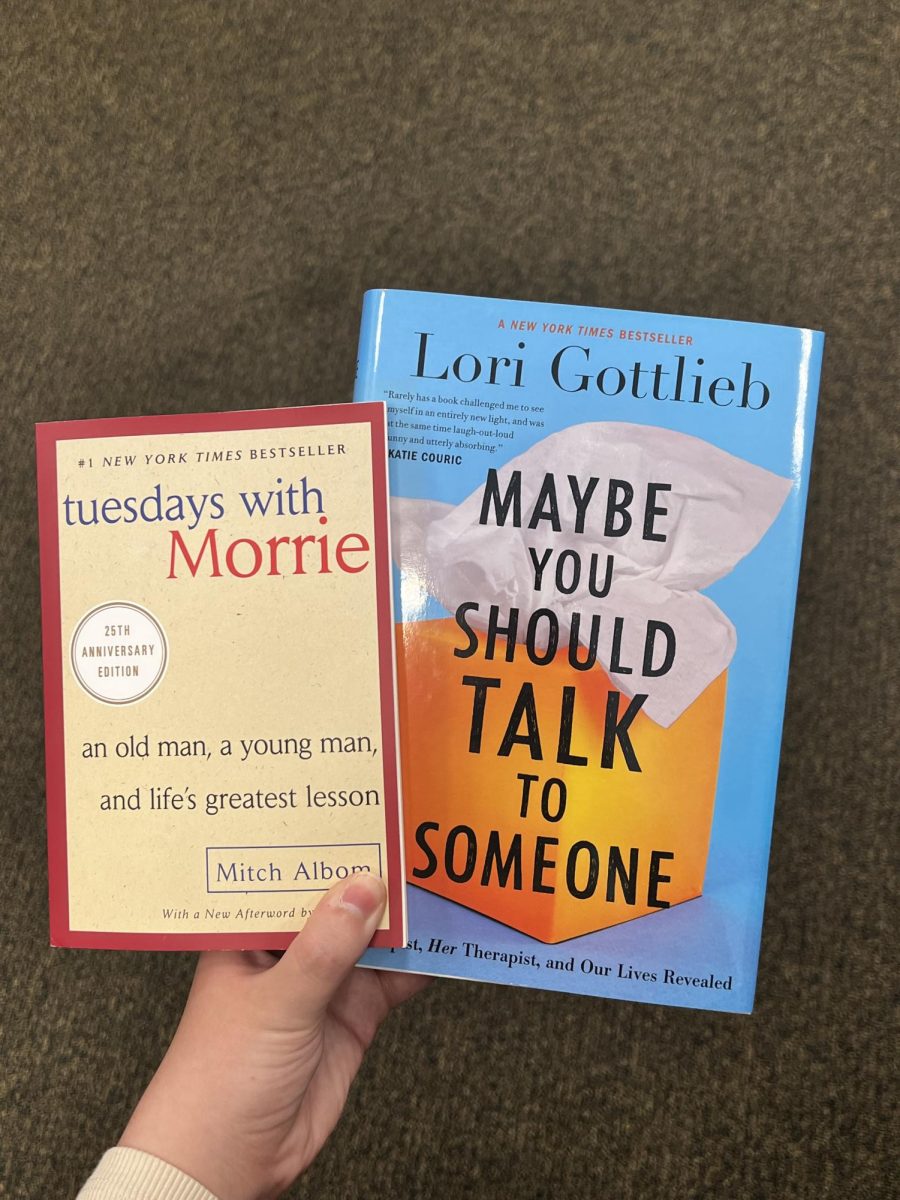


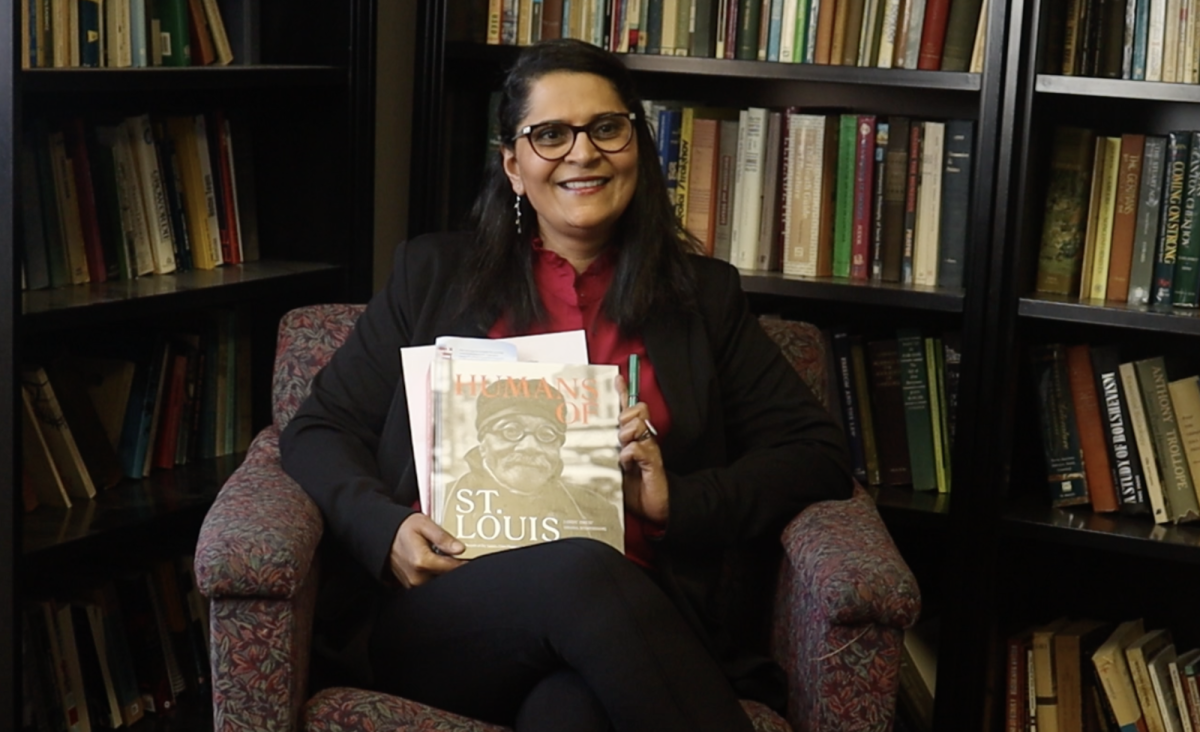






Nejla Hodzic • Apr 14, 2025 at 2:55 pm
What an amazing piece, proud of you Nejra!!